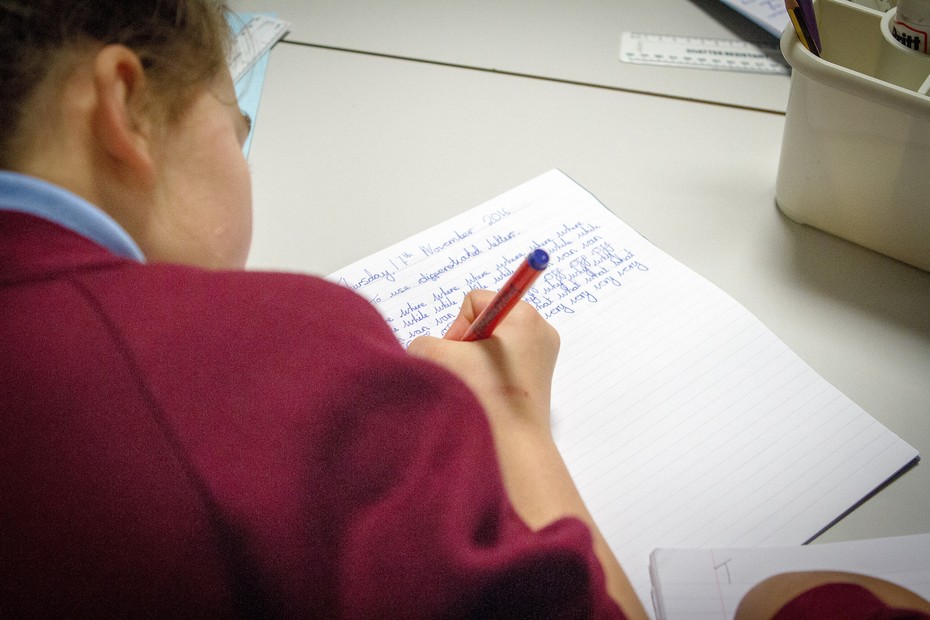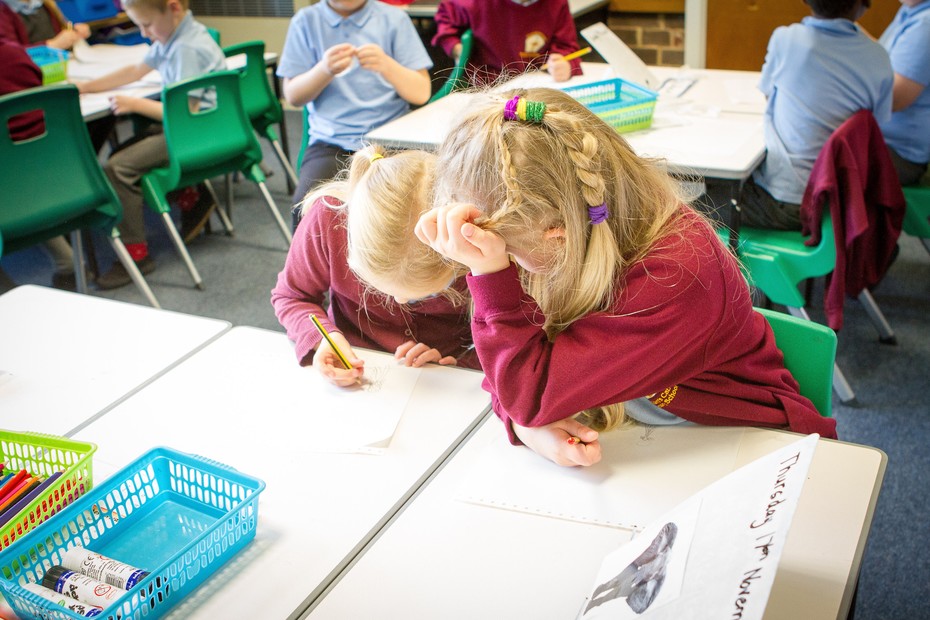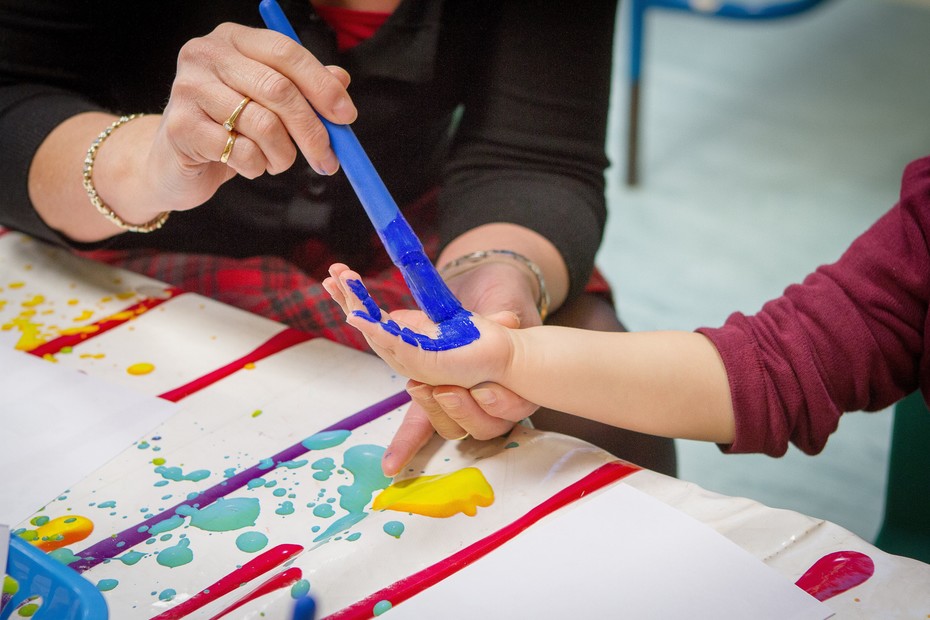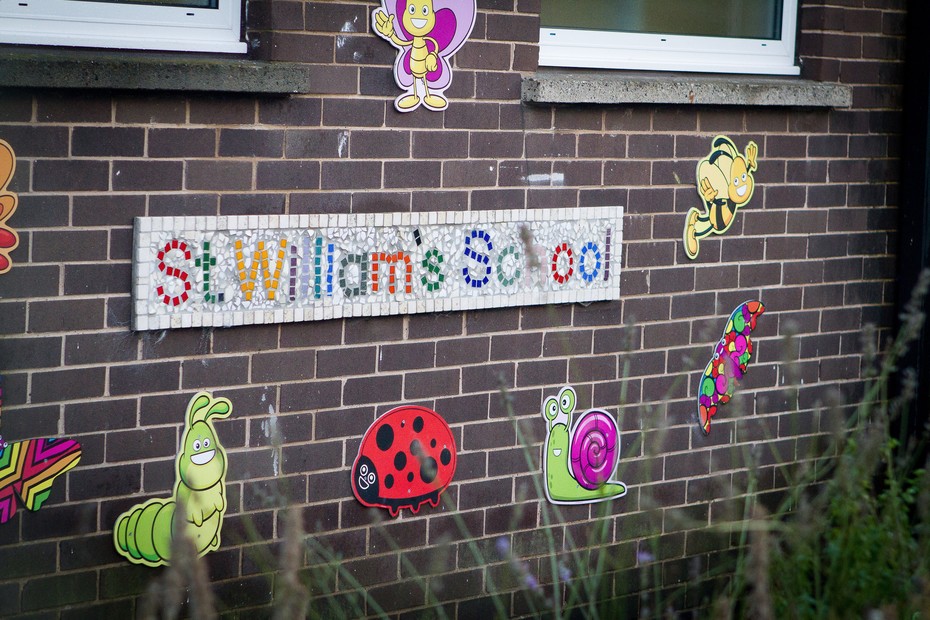British Values
British Values - Gospel Values
In 2013 the Department for Education said:
"Keeping our children safe and ensuring schools prepare them for life in modern Britain could not be more important. This change is an important step towards ensuring we have a strong legal basis for intervening in those schools where this is an issue. The vast majority of schools already promote British values. This is about making sure that we have the tools we need to intervene if children are being let down."
Schools are required to actively promote and not undermine "British Values." The government has set out its definition of British Values as:
democracy
the rule of law
individual liberty
mutual respect
tolerance of those of different faiths and beliefs
At St. William’s as a Catholic School, we actively promote values, virtues and ethics that shape our pupil's character and moral perspective through the teachings of the Church.
We are confident that our continued focus on our Faith, the Gospel Values and placing God at the centre of everything that we do will give our pupils the necessary awareness and understanding of what it means to be a good citizen in Britain today. This embeds in them the building blocks of a future successful and productive life.
Through Mission Statement, RE, PSHE, SMSC and promoting The Common Good, we are able to make real links between the values of our pupils and the lives of others in their community, country and the world in general.
Through our curriculum we teach about democracy, civic responsibility, rules and laws, the monarchy, equality, values and virtues, environmental awareness and understanding of other faiths.
Democracy - what do we do ?
Provide pupils with a broad general knowledge of, and promote respect for, public institutions and services.
Teach pupils how they can influence decision making through the democratic process.
Encourage pupils to become involved in decision making processes and ensure they are listened to in school - this is achieved through our pastoral provision and School Council.
Take advantage of our location by making annual visits to the home of British democracy, The Houses of Parliament.
Hold class debates so that pupils learn how to argue and defend points of view.
Help and encourage pupils to express their views.
Enable pupils to have their voices heard through our School Council and Pupil Voice interviews.
Teach pupils how public services operate and how they are held to account.
Model how perceived injustice can be peacefully challenged.
Rule of Law - what do we do ?
Ensure that school rules and expectations are clear and fair
Help pupils to distinguish right from wrong
Help pupils to respect the law and the basis on which it is made
Help pupils to understand that living under the rule of law protects individuals
Develop restorative justice approaches to resolve conflicts
The importance of laws, whether they be those that govern the class, the school, or the country, are consistently reinforced on a daily basis, as well as when dealing with behaviour and through school assemblies.
Pupils are taught the value and reasons behind laws, that they govern and protect us, the responsibilities that this involves and the consequences when laws are broken.
Individual Liberty - what do we do ?
Support pupils to develop their self-knowledge, self-esteem and self confidence.
Encourage pupils to take responsibility for their behaviour, as well as knowing their rights
Model freedom of speech through pupil participation.
Challenge stereotypes.
Implement a strong anti-bullying / anti-racist culture.
Encourage pupils to make choices, knowing that they are in a safe and supportive environment
Educate and provide boundaries for pupils to make choices safely, through provision of a safe environment and empowering education.
Teach pupils to understand and exercise their rights and personal freedoms and advise them how to exercise these safely, for example through our E-Safety and PSHE lessons.
Respect and tolerance - what do we do ?
Promote respect for individual differences
Help pupils to acquire an understanding of, and respect for, their own and other cultures and ways of life
Challenge prejudicial or discriminatory behaviour
Organise visits to places of worship
Develop links with other faith communities
Develop critical personal thinking skills
Discuss differences between people, such as differences of faith, ethnicity, disability, and gender and differences of family situations
We value the diverse ethnic backgrounds of all pupils and families and undertake a variety of events and lessons to celebrate these and these are built in to our whole school Curriculum Map. We have found this approach to be enriching for all parties as it teaches tolerance and respect for the differences in our community and the wider world. Underpinning all of these is a range of curriculum topics, which have strong links to British values.
In recent years as a whole school we have celebrated topics such as:
One Britain, One NationWeeks, The royal wedding - pupils were given the opportunity to develop their understanding of the British Monarchy.
The First World War and the Second World War - this involves visits within our local area and working alongside local historians and the Peace Museum.
Studying Islam and Judaism – learning about these two world faiths every year from Y1 to Y6.
There are weekly assemblies that uphold traditional values of empathy, respect and tolerance. These are also taught within formal RE lessons & as part of our learning in PSCHE using Ten Ten resources.







